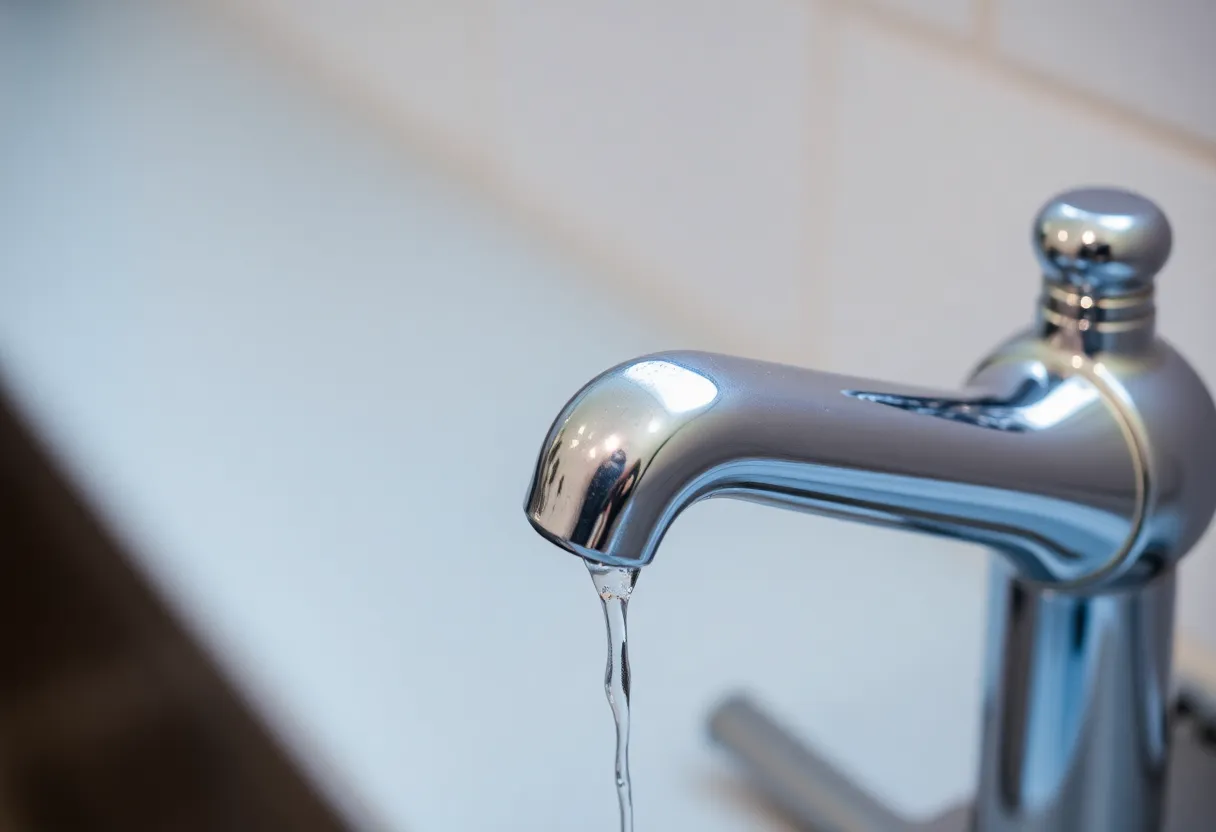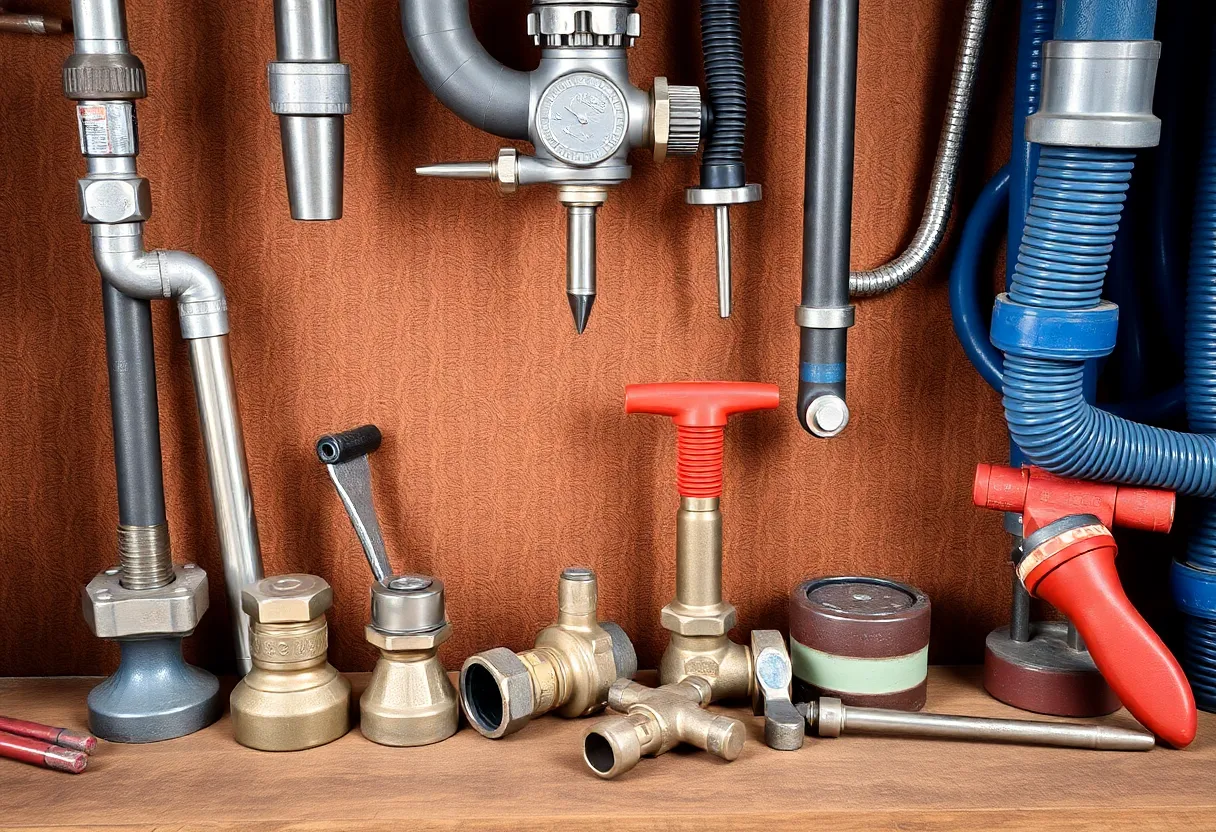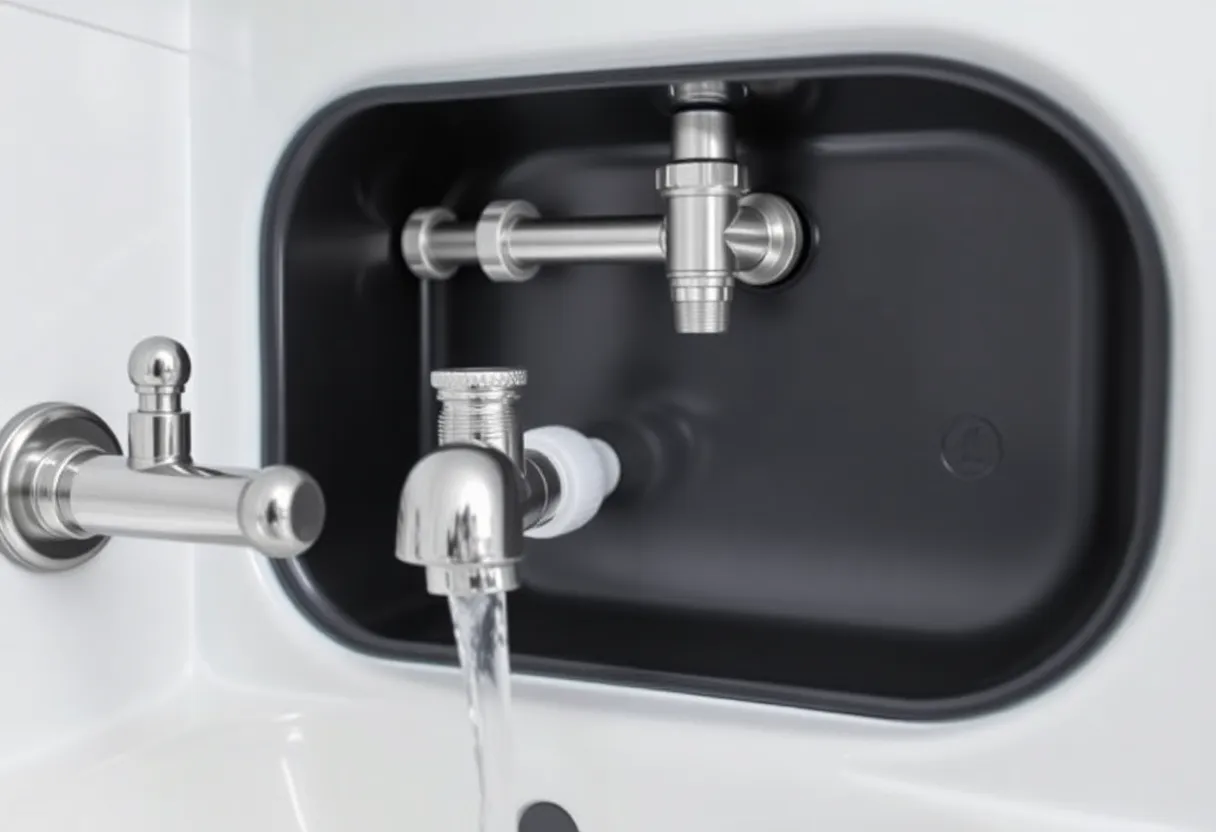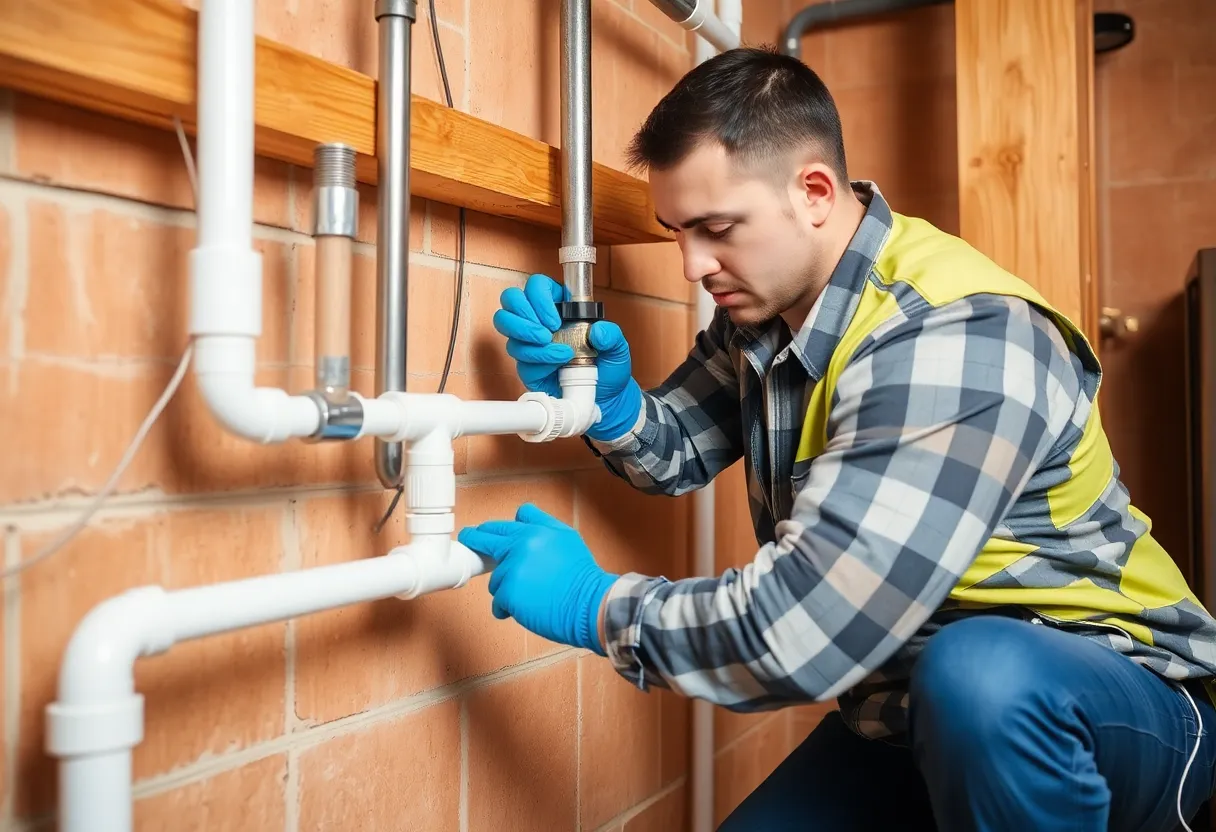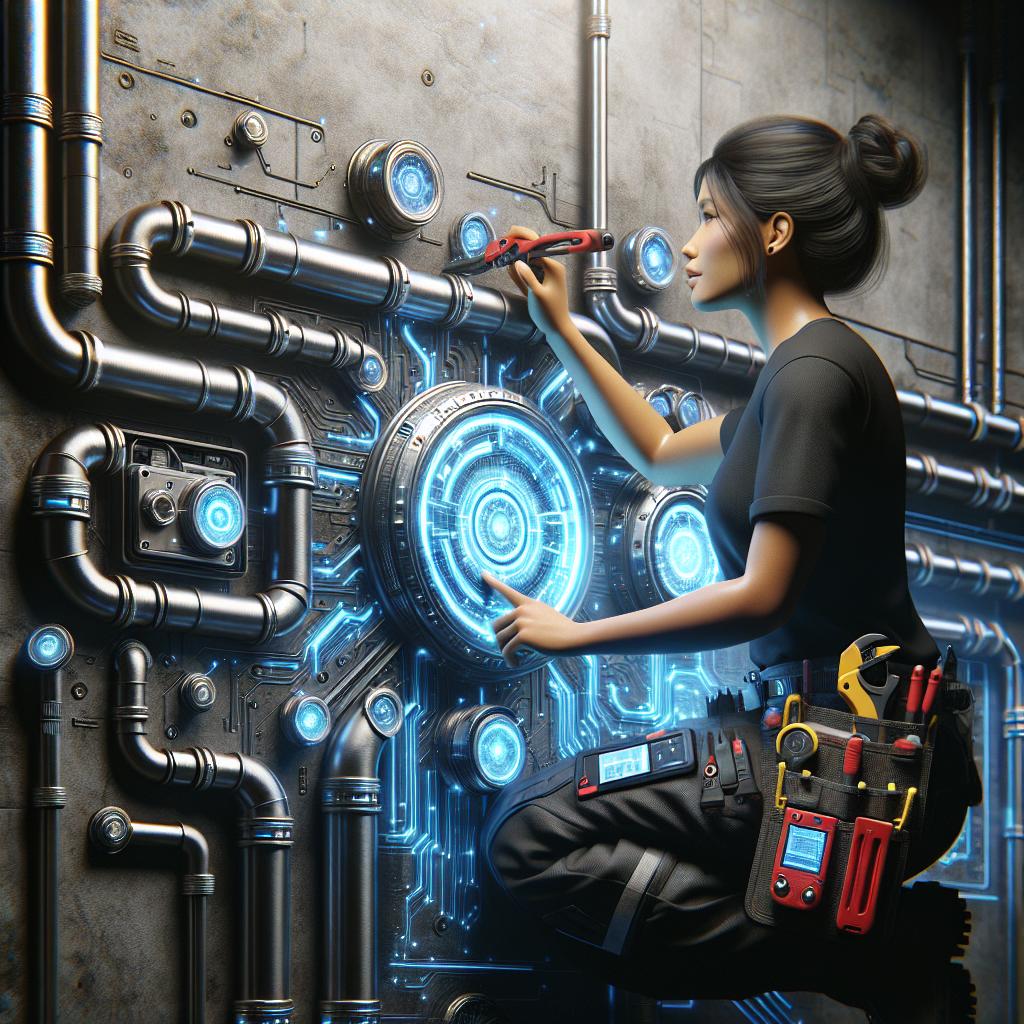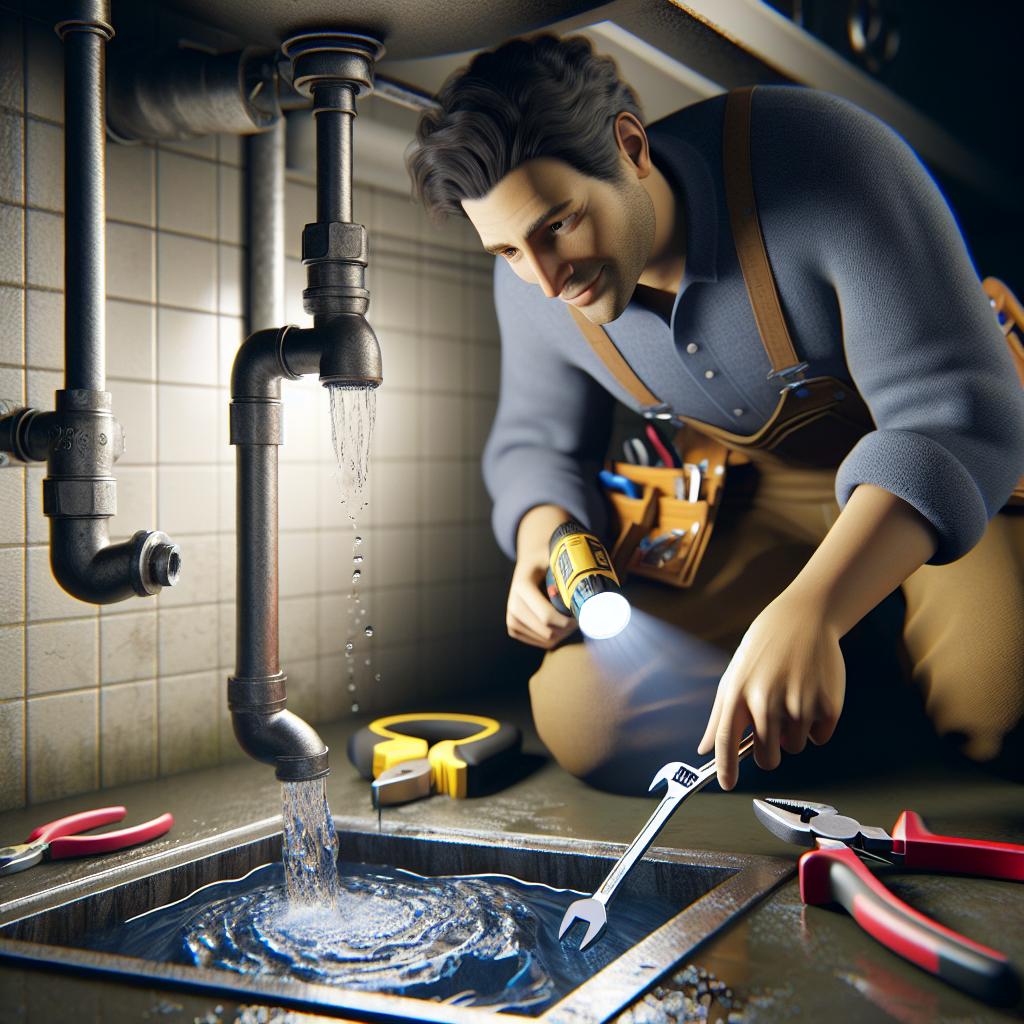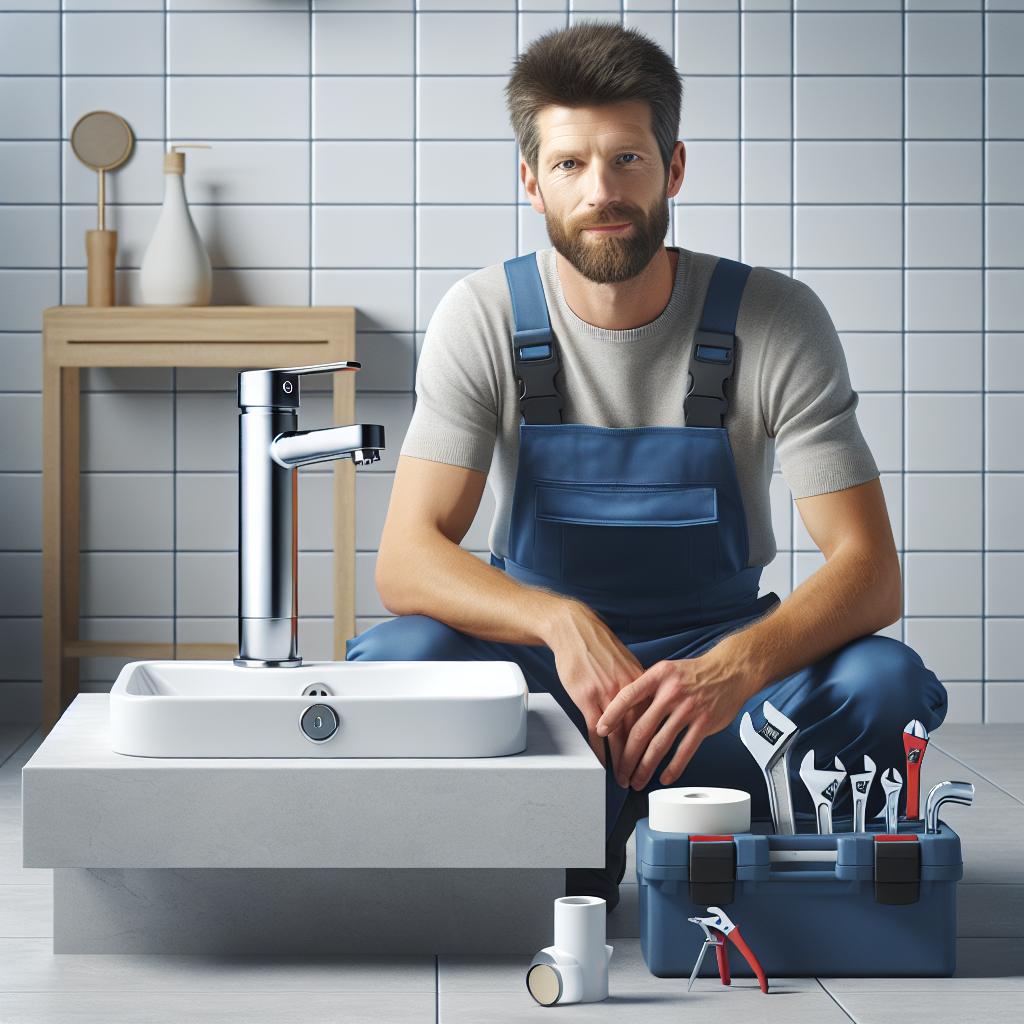The Hidden Costs: 7 Plumbing Issues That Are Draining Your Budget Without You Knowing
Plumbing issues can be a homeowner’s worst nightmare. More often than not, we brush off minor leaks, dripping faucets, and strange noises, convincing ourselves that they are not serious enough to warrant immediate action. However, what many don’t realize is that these seemingly harmless problems can escalate quickly, leading to massive costs and headaches down the road. In this article, we will explore seven plumbing issues that are silently draining your budget without you knowing.
1. Undetected Leaks: The Silent Drain
One of the most insidious plumbing issues is an undetected leak. These can occur in various places, including under the kitchen sink, in bathroom pipes, or even within the walls. A slow leak might seem insignificant, but over time, it can lead to substantial water waste and increased utility bills.
The Cost of Water Loss
Even a minor leak can waste hundreds of gallons of water annually. To put it into perspective, a leaky faucet that drips once per second can waste over 3,000 gallons of water per year. This wasted water translates to higher water bills, which can significantly impact your budget over time.
Damage Beyond the Bill
Aside from the increase in utility bills, undetected leaks can also lead to structural damage in your home. Water can seep into walls and floors, causing mold and mildew to thrive, which could require expensive remediation efforts. Addressing leaks promptly is essential to prevent these hidden costs from spiraling out of control.
2. Old or Damaged Pipes
As your plumbing systems age, so do the materials that make up your pipes. Old or damaged pipes can lead to frequent clogs, leaks, and even burst pipes, which can be catastrophic. Ignoring the condition of your plumbing may drain your wallet more than you realize.
The Cost of Repairs
Replacing old pipes, especially in extensive plumbing systems, can be incredibly costly. Older homes are often equipped with outdated materials, like galvanized steel, which can corrode over time. The cost to replace these materials can run into thousands of dollars, especially if the pipes break and cause water damage in your home.
Water Quality Issues
Old pipes may also affect water quality. They can leach harmful materials into your drinking water, potentially leading to health problems for your family. Investing in new pipes not only ensures safety but can also save you money on water purification systems or medical bills that might arise from contaminated water.
3. Clogged Drains: A Costly Inconvenience
Clogged drains are another common plumbing issue that can drain your budget without you realizing it. While a simple clog might seem easy to fix with a plunger or a drain cleaner, persistent clogs often indicate a more severe underlying issue.
Recurring Expenses
If you’re consistently battling clogs, you may end up spending money on chemical drain cleaners or hiring a plumber for regular maintenance. These costs can accumulate quickly and put a strain on your finances.
Potential Property Damage
More importantly, persistent clogs can lead to overflow issues or sewage backups, which can damage your home and necessitate costly repairs. By proactively addressing drainage issues, you can avoid these hidden costs.
4. Water Heater Troubles
Water heaters are essential for daily tasks like showering and washing dishes, so any problems with them can drastically affect your home life. However, many homeowners ignore warning signs of water heater malfunction, leading to unexpected costs.
Emergency Repairs
When your water heater suddenly fails, you may find yourself in an emergency situation. Emergency repairs are typically more expensive than regular maintenance or minor fixes. Addressing issues with your water heater early can save you significant money in the long run.
Energy Inefficiency
Old or malfunctioning water heaters can be incredibly inefficient, causing your utility bills to increase. By investing in a newer, more efficient model, you may initially incur a cost, but the long-term savings on energy bills can justify the investment.
5. Frequent Toilet Issues
Another common plumbing issue that can drain your budget is a problematic toilet. If you’re frequently experiencing clogs, leaks, or constantly running toilets, you’re likely losing money without realizing it.
Leaky Toilets: A Major Budget Drain
Did you know that a leaky toilet can waste more than 200 gallons of water a day? This not only affects your water bill but can also lead to increased energy costs if your hot water heater is running longer to accommodate the leaks.
Constant Repairs
Frequent repairs and maintenance can also add up. If you find yourself calling a plumber regularly for toilet issues, those costs will accumulate quickly. Investing in a new, efficient toilet may help avoid these ongoing expenses and improve water conservation in your home.
6. Poor Water Pressure
Low water pressure is an annoyance for any homeowner but can also signify underlying plumbing problems. Whether it’s sediment buildup in pipes, leaks, or even municipal issues, poor water pressure can drain your resources.
Additional Usage Costs
If your water pressure is low, you may find yourself running the water longer to get the same results while showering or washing dishes. This unintended increase in water usage can raise your utility bills over time.
Potential System Upgrades
In some cases, low water pressure can indicate the need for system upgrades. Installing pressure regulators or even new piping can come with significant expenses, but addressing the issue now can prevent more significant costs later.
7. DIY Plumbing Mistakes
Many homeowners attempt DIY plumbing repairs to save money, but these efforts can backfire and lead to costly mistakes. While it’s admirable to want to fix problems yourself, mishandling plumbing tasks can lead to even bigger issues.
The Ripple Effect of Mistakes
Improper repairs can worsen plumbing problems or even create new ones, leading to the need for professional help sooner than expected. What might start as a simple fix can turn into a costly repair if not done correctly.
Long-Term Financial Impact
Hiring a skilled plumber after making a mistake can be much more expensive than having a professional handle the work from the start. The hidden cost of DIY plumbing mishaps can strain your budget significantly. It’s essential to know your limits and when to call a professional.
Conclusion
Plumbing issues might seem minor at first, but they can lead to significant expenses if left unaddressed. By recognizing these seven plumbing issues and the hidden costs associated with them, you can take a proactive approach to your home’s plumbing needs. Regular maintenance, timely repairs, and being vigilant about unusual signs can save you money and stress in the long run. Don’t let these issues drain your budget—stay informed and act quickly!




